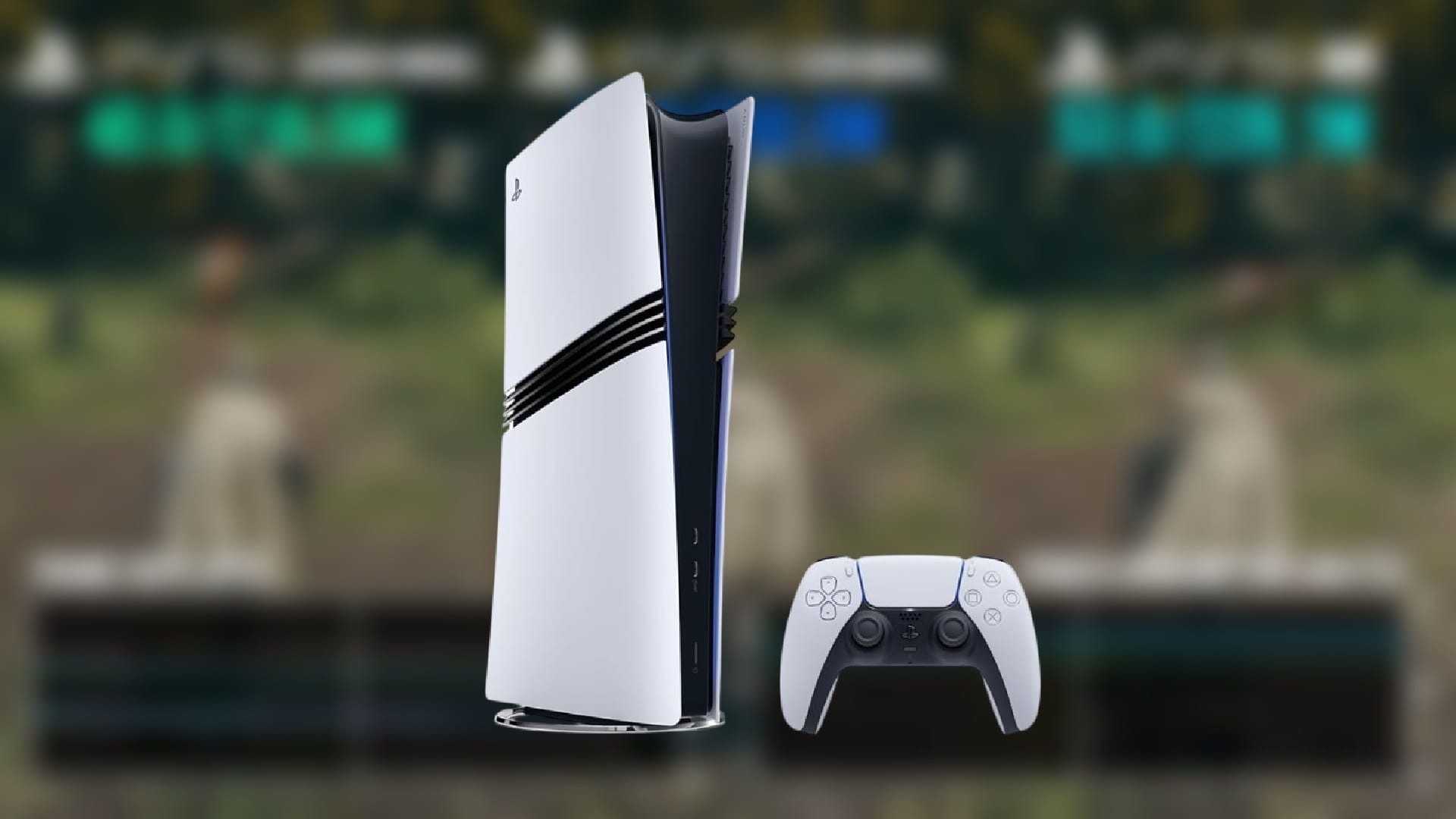The Sony PlayStation 5 Pro hit the market on November 7, retailing for $699.99 in the United States. This model, priced $200 more than the original PS5, boasts a significant upgrade in GPU performance, thanks to Sony’s unique PSSR upsampling technology. While it retains the same Zen 2 CPU, it has a 10% higher clock speed and an additional 2 GB of DDR5 RAM, among other enhancements. These features are expected to improve the gaming experience, making it noticeably better for both PS5 Pro-optimized and standard PS5 games.
Power Consumption Insights
As expected, the PS5 Pro’s enhanced capabilities come with increased power usage. Digital Foundry has observed a slight yet noticeable difference in energy consumption when comparing the base PS5 to the PS5 Pro. Interestingly, the PS5 Slim appears to have a less efficient SoC, leading to higher power consumption than the original PS5.
When testing Elden Ring in “Quality” mode, the PS5 Pro’s power draw ranges from 228 to 230 W, while the standard PS5 uses less, around 215 to 218 W. The PS5 Slim stands out in this test, as it consumes nearly the same amount of power as the PS5 Pro, despite being built with a 6 nm SoC that should ideally use less energy.
Game Performance Comparisons
In Marvel’s Spider-Man 2, the PS5 Pro consumes over 230 W, while the base PS5’s usage varies between 200 and 216 W. The PS5 Slim again shows higher power consumption, deviating from the expected trend.
In F1 24 with “Quality” mode activated, the PS5 Pro’s power draw climbs above 230 W, peaking at around 240 W. This uptick in energy consumption is aligned with noticeable improvements in graphics quality, better ray tracing, and more stable frame rates. According to Digital Foundry, the PS5 Pro achieves a performance boost of 30-35% in Elden Ring’s “Quality” mode, despite the game not being specifically enhanced for the Pro version. This leads to frame rates consistently above 50 FPS, while the original PS5 experiences frame rates that fluctuate in the low-to-mid 40s, sometimes dipping into the high 30s.
Impressive Energy Efficiency
The performance metrics for Elden Ring are striking, considering the console only needs about 12 W more energy, or 5.5%, to deliver a performance increase of up to 35%.
For those interested in the ray tracing enhancements, Alan Wake 2 is a prime example of the PS5 Pro’s capabilities. Digital Foundry highlights the effective ray-traced reflections in the 30 FPS RT mode. Likewise, F1 24 benefits from ray tracing reflections and RT Ambient Occlusion, adding to the features available in the base PS5 version.
For more detailed information regarding the upgrades offered by the PS5 Pro, including PSSR, be sure to check out Digital Foundry’s review linked below.
Buy the Sony PlayStation 5 Slim on Amazon
Digital Foundry on YouTube, Wccftech





Leave a Reply